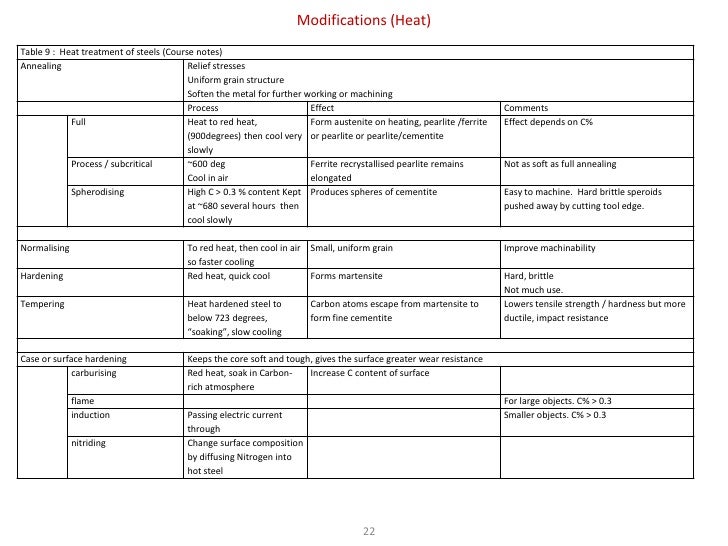Image source: http://c1.staticflickr.com/9/8014/7260886068_8ff6fb55c1.jpg
Q: Describe your typical day on the method.
A: Which process? Normally when i'm not working, I'm in my office doing bureaucracy. From your office, you practically certainly can have to go somewhere on neighborhood and which can likely be anyplace from two days to thirty days. A lot of our stuff is remote locations. Every process is exotic. As soon as you suspect it is typical, it alterations.
Q: What career were you in sooner than becoming a cinematographer? Do you're feeling that it helped prepare you for becoming a massage therapist?
A: I used to be doing theatre, picture journalism, working at a neighborhood channel and making a official earning. I learned myself incorporating paramount to my phrases, and when i started taking photos and filming, I realized this used to be what I'm most passionate approximately. But at the same time you'll need a artistic bone in your frame, like writing, it is less complicated to broaden into different facets of a particular artistic trade.
Q: What traits do you're feeling are essential to be beneficial as a cinematographer?
A: Everybody takes option paths to be beneficial. But it's important to sustain-to-date. Editing and graphics has changed so much. The complete dynamics has doubtless changed. You have to be completely bendy and stay with the current trend.
Q: Would you say it is imperative to have a faculty education for a career such as this one?
A: I don't think it is imperative, yet what I got out of college is I networked a lot. I don't think it is 100 proportion necessary. But, of course, it's important to have a favorable school to educate you what you wish. When you are in college, you like to start engaged on building a portfolio and school can help with that. If two of us went for the similar process and they both had impeccable portfolios, yet one also carried a 4-12 months degree, you practically certainly can bet that human being's going to land the method. To be in the marketplace full-time, not in basic terms freelance, means it is foremost to get that degree.
Q: Would you set forward this career to an personal else?
A: Yeah. I can't call to mind the remaining more first-rate to do. I see difficulties that of us don't see. Is it for all workers? I don't think so. You have to have thick skin. You have to work for months on cease. Don't set your expectations too high. Be realistic. My first aid will be to go to college and get that full-time process. Get a feel for what the marketplace is all approximately. It's difficult to in basic terms have a favorable portfolio, unless you are an incredible cinematographer. Doing it without college is highly difficult to do.
Q: What is your next career stream, if any?
A: Retire and go village. No, yet critically, I'm going to do more projects. I would like full control of my destiny projects.
AUTHOR'S BIOGRAPHY: Sudesh Kumar joined The New York Times as a movement picture critic in January 2000. Previously, he used to be a Sunday book reviewer for Newsday, and a frequent contributor to Slate, The New York Review of Books and a lot of different publications. Sudesh Kumar graduated with a B.A. degree in Literature (magna cum laude) from Harvard College in 1988 and used to be a grad-school dropout (from Johns Hopkins, in American Literature). He has also served on the editorial staffs of Lingua Franca and The New York Review of Books. He used to be born on July 10, 1966 and lives in Brooklyn along with his wife and two babies.
Tags: 16mm, 35mm, advert, advertisement, artwork, bollywood, bombay, camera, cameraman, cinematographer, cinematography, commercial, corporate, virtual, director of pics, documentary, dop, dp, drama, dubai, entertainment, feature, film, filmmaking, films, hd, high definition, india, indian, isc, jain, kenya, kenyan, movies, mumbai, music video, nairobi, operator, production, raj, rajeev, rajiv, tvc, uae, video, videographer, videography, wica
An interview with Rajiv Jain, Indian Cinematographer and proprietor of Rajiv Jain Films, Cinematography and Grips - Dubai - Mumbai - Nairobi.
Q: What is your process identify? Where are you employed?
A: Director's cameraman, director of pics. I have my own company, Rajiv Jain Films, Cinematography and Grips, and I've been doing it for about twenty-five years.
Q: How lengthy have you been a cinematographer?
A: I've been doing it for some years, yet I started my own company at approximately 2005.
Q: What flavor of lessons did it's important to end up to be a cinematographer?
A: I went to the Bhartendu Academy of Dramatic Arts. I had a two-12 months diploma degree in theatre arts. That positioned me into a scenario to see how the marketplace has changed a lot. Coming out of college, children have to in basic terms start their very own company. First, they've got got to determine what they would like to do in the marketplace and then go for it. The sky's the limit dependent on the career path you like.
Q: What do you're keen on ideally suited approximately your process?
